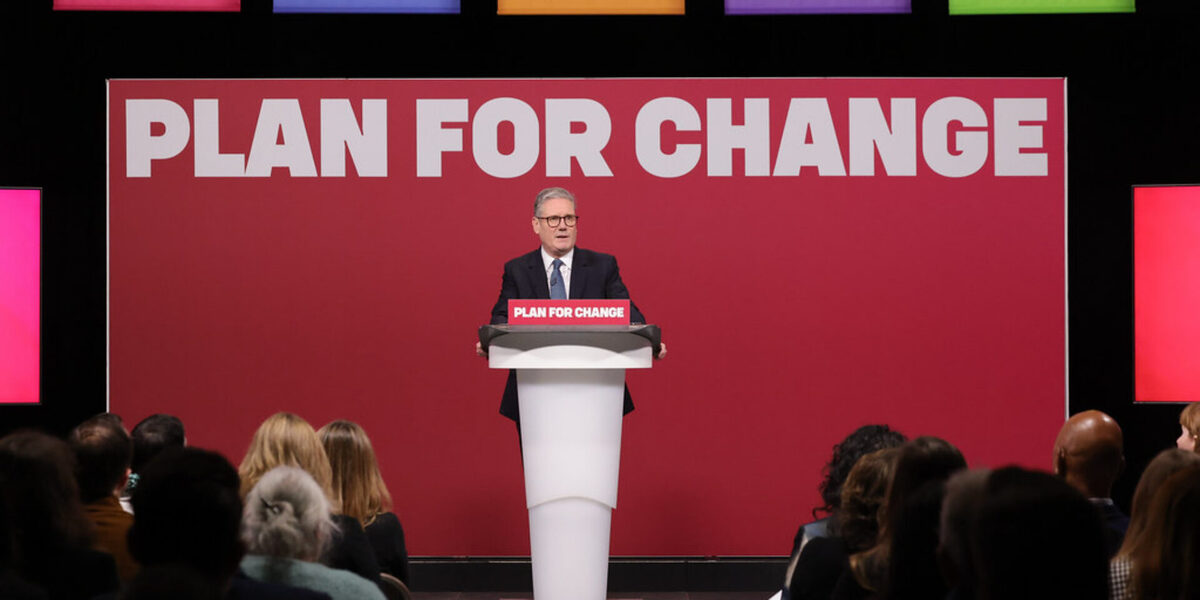The party that should be stopping Reform is instead fuelling its rise
There are moments in political history when a government’s weakness becomes not just a problem for its own survival but a danger to the democratic balance of the country. Britain has reached that point.
This week’s YouGov poll showing Reform UK surging to 27 per cent, while both Labour and the Conservatives slump to 17 per cent, is more than a statistical curiosity, it’s a seismic warning.
If Labour, now the governing party, cannot steady itself, it risks handing Nigel Farage’s movement not just momentum, but legitimacy.
The hollow centre of British politics
Keir Starmer’s government was meant to be the grown-up antidote to populism, a party of competence, moderation and stability. Instead, it has drifted into something far worse: managerial paralysis dressed up as prudence.
Starmer’s economic agenda promised “growth with fairness,” but has delivered neither. Tax rises without reform, business scepticism masked as fairness, and a tone-deaf approach to cultural unease have left voters feeling both overburdened and unheard. The left thinks Labour has betrayed its principles; the centre thinks it has lost its direction; and the right sees only weakness.
It is not hard to see why Reform is rising. Farage has weaponised frustration, over immigration, over taxes, over the sense that Britain’s institutions serve themselves rather than the public. Reform’s solutions are simplistic to the point of delusion, but its story is clear. Labour’s is not.

John Major’s quiet warning
Former prime minister John Major’s speech this week offered a dose of clarity the political class should heed. Reform, he said, is “amateur populism let loose”, a movement that thrives on scapegoating minorities and promising the impossible. But he also laid the blame where it belongs: on the mainstream parties that have left the centre ground empty.
Major’s critique of Labour was brutal and accurate: a party of “over-taxation, hostility to risk takers and levelling down.” It is, as he put it, the most class-conscious administration since the 1960s, a party so consumed by its own moral superiority that it has forgotten how to inspire aspiration.
The stop Reform challenge
In Britain’s first-past-the-post system, voters will eventually rally behind the party best placed to stop Reform. Structurally, that should be Labour. But it can only play that role if it starts behaving like a party of government with purpose, not a collection of technocrats hiding behind spreadsheets.
To do that, Starmer needs to rediscover political storytelling. The public doesn’t just want sound finances and administrative competence; they want belief, a sense that someone, somewhere, still knows what Britain should stand for.
Labour could yet be the firewall against the next populist wave. But if it keeps governing with the timidity of a caretaker and the vision of a civil servant, it will find itself remembered not as the party that stopped Reform, but as the one that cleared its path.







